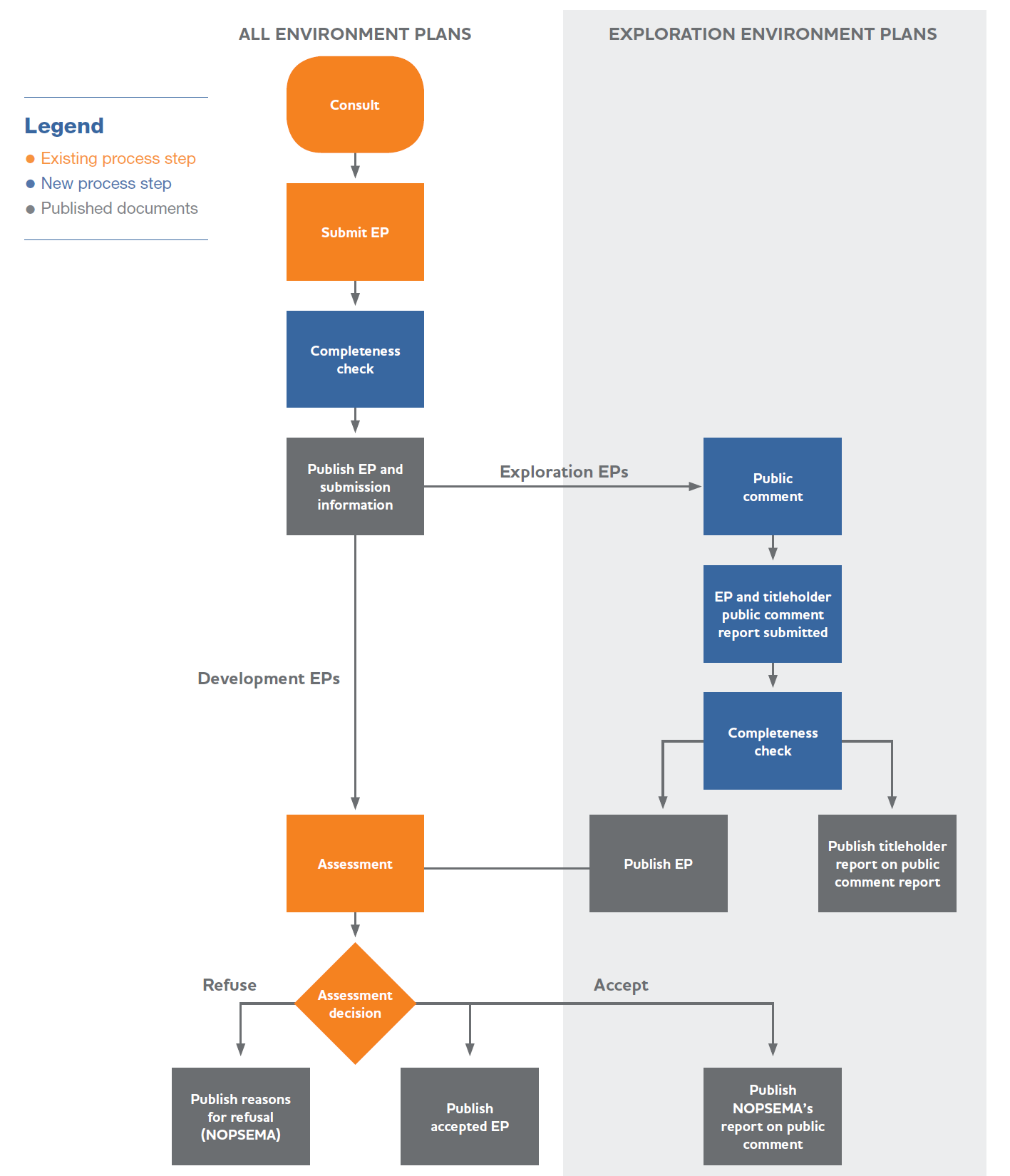Overview
Seismic surveying is a significant concern for fishers and communities that depend on fisheries for their livelihoods.
Seismic surveying uses rebounding sound to build up a picture of the sea floor and the geological structures up to 10 kilometres beneath it to investigate the presence of gas, oil and mineral reserves for future exploitation. Much of this activity is conducted in Commonwealth waters outside 3NM State jurisdictional limits. There is also activity that occurs inside 3NM and/or spans both State and Commonwealth jurisdictions.
While each State has its own regulatory authority and arrangements for overseeing and approving these activities inside 3NM, the National Offshore Petroleum Safety and Environmental Management Authority (NOPSEMA) has responsibility for managing oil and gas industry activities in Commonwealth waters. Each time a holder of exploration rights commences planning for a new survey, stakeholder consultation begins as the first stage of NOPSEMA’s environmental planning process. The purpose is to identify, evaluate and reduce risks identified to as low as reasonably practicable to the satisfaction of NOPSEMA and/or the State based regulator(s).
Figure: An overview of NOPSEMA’s Environmental Plan assessment process
Much of the discussion around seismic surveying has been based on anecdotal and circumstantial evidence. In response, FRDC has invested in a range of projects to investigate the impacts of seismic surveying, and to provide an evidentiary base to help stakeholders from mining and fishing to constructively work together. In addition, FRDC has invested in improving engagement between the sectors as part of NOPSEMA’s mandated environmental plan submission process for offshore energy activities.
The continued practice of seismic surveying will see it remain a priority for the fishing industry with more research needed to address the concerns of FRDC stakeholders. FRDC will also continue to leverage opportunities to further improve the seafood industry’s relationship with Australian Petroleum Production & Exploration Association (APPEA) and ensure the best available objective science is undertaken to assess responses of marine fauna to seismic activity.
Research management
FRDC established a national coordination project led by Western Australia Fishing Industry Council to improve the environmental planning consultation process by collating available information and making it easy to access so potential risks can be better understood.
In addition, several Australian fishing and aquaculture sectors have highlighted specific concerns about the potential impacts of seismic surveys on their target species. FRDC, often in collaboration with individual oil and gas entities, has funded several projects investigating these concerns.
A summary of completed and current FRDC funded activities is provided below. This work sits within an extensive body of peer-reviewed research and grey literature exploring seismic-related effects on commercial and non-commercial fishing species, commercial fishing activities and the broad marine environment. A list of publications on the topic is available for download and review.
The funding for marine seismic and sound research is through existing Research Advisory Committee and Industry Partnership Agreements investment processes.
More information
- Andrew Sullivan, Bass Strait Scallop Industry Association - A seismic shift in engagement with oil and gas? A case study of the Commonwealth Scallop Fishery and the Beach Energy Prion Seismic Survey
- See recording and presentation slides (courtesy of Seafood Industry Australia)
- FISH Vol 26 number 2 Cooperative approach on seismic impacts - 'Western Australia's pearl industry is taking a new tack with seismic surveyors and oil and gas explorers'
- FISH Vol 25 number 4 Sound responses - 'Hearing damage in Southern Rock Lobsters and a flinch response in Scallops are two effects identified in world-leading research into the long-term impact of seismic surveys on marine animals'
- FISH Vol 23 number 3 New wave of seismic engagement - 'The heightened profile of seismic activity in Australian waters is generating new science about potential effects, answering some questions and dispelling some misconceptions'
- FISH Vol 23 number 1 Sound effects - 'While humans harness sound to navigate the ocean and its riches, there are growing concerns about the potential impact of industrial noise pollution on marine ecosystems'
Key contacts
- Chris Izzo (FRDC Research Portfolio Manager) 0419 852 723, E: christopher.izzo@frdc.com.au
- National Offshore Petroleum Safety and Environmental Management Authority (NOPSEMA)
- Seafood Industry Australia (SIA)
- Australian Petroleum Production & Exploration Association (APPEA)
- Geoscience Australia
- Australian Institute of Marine Science (AIMS)
- Institute for Marine and Antarctic Studies (IMAS)







